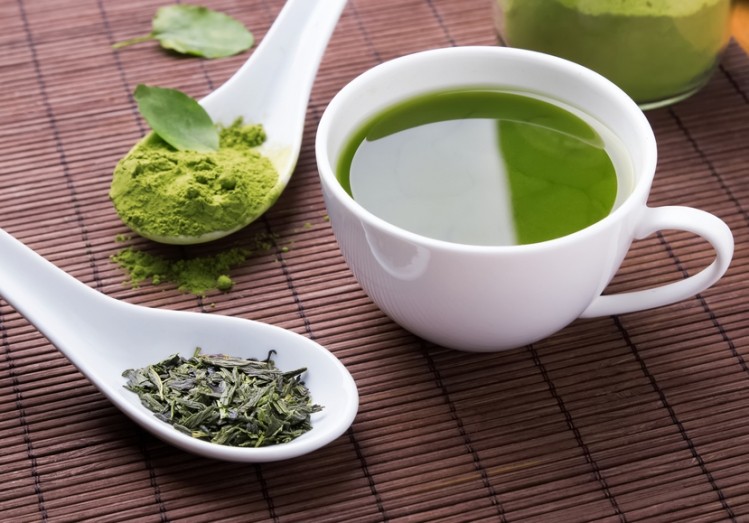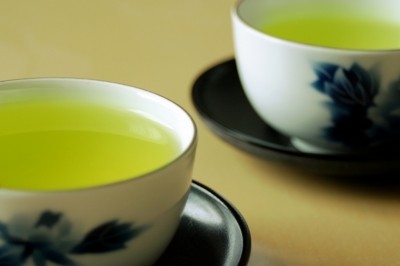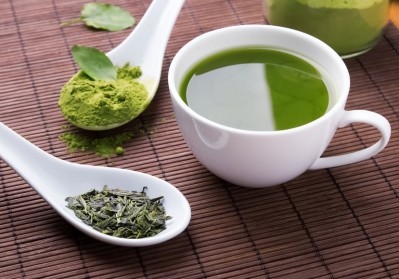Green tea consumption can lower rice-induced diabetes risk in women: Japanese study

A Kyushu University study of more than 10,000 men and women in Fukuoka, aged 49 to 76, found that rice intake was directly associated with the risk of diabetes in women. However, daily consumption of seven or more cups of green tea reduced this risk.
The study stated: “The prevalence of type 2 diabetes mellitus (DM) has increased rapidly worldwide, with the prevalence of DM in Japan having doubled during the past two decades. Changes in lifestyle toward an excessive intake of energy and insufficient energy expenditure have been ascribed to the increase.”
Rice’s higher glycemic index (GI) is thought to be responsible for the association between rice consumption and the risk of diabetes, with women more susceptible to hyperglycemia and therefore, glucose intolerance.
Prior research has explored the effects of coffee and green tea consumption on type 2 diabetes, with both beverages resulting in a decreased risk of the disease, the latter being one of Japan’s most commonly consumed beverages.
In the current study, 11,717 subjects responded to a follow-up survey. By using multiple logistic regression analysis, cases of diabetes were calculated according to cereal food, green tea, and coffee intakes, while also examining also the effect modification of green tea and coffee.
Whole grain benefits
A total of 464 new cases of diabetes were identified. Women, but not men, showed a positive association of rice intake (trend p=0.008) and an inverse association of green tea intake (trend p=0.02) with incident diabetes.
Coffee consumption was not found to have a positive efffect on diabetes cases.
The study also specified that “the type of rice consumed was not ascertained in the current study population. Although the consumption of whole grain — including brown — rice, has been shown to reduce the risk of DM, brown or unrefined rice is not typically consumed in Japan”.
Just as women, but not men, were found to be at risk of diabetes due to rice intake, they were also the only ones whose green tea intake led to a lower risk of diabetes. The same could not be said of the men who participated in the study, but the reason for this remains unclear.
"It is notable that the increasing trend of incident DM with higher intake of rice was nullified among women with the highest intake of green tea in the present study," wrote the researchers.
"There was a suggestive effect modification of green tea on the association between rice and DM in women. The incidence of DM did not increase with increasing rice consumption in women with the highest consumption of green tea (≥7 cups/d) while the positive association was observed in women consuming a lower amount of green tea," they added.
Source: Asia Pacific Journal of Clinical Nutrition
http://doi.org/10.6133/apjcn.042016.04
“Effect modification of green tea on the association between rice intake and the risk of diabetes mellitus: a prospective study in Japanese men and women”
Authors: Akie Hirata, Keizo Ohnaka, Naotaka Tashiro, Zhenjie Wang, Michiko Kohno, Chikako Kiyohara, Suminori Kono, Ryoichi Takayanagi







